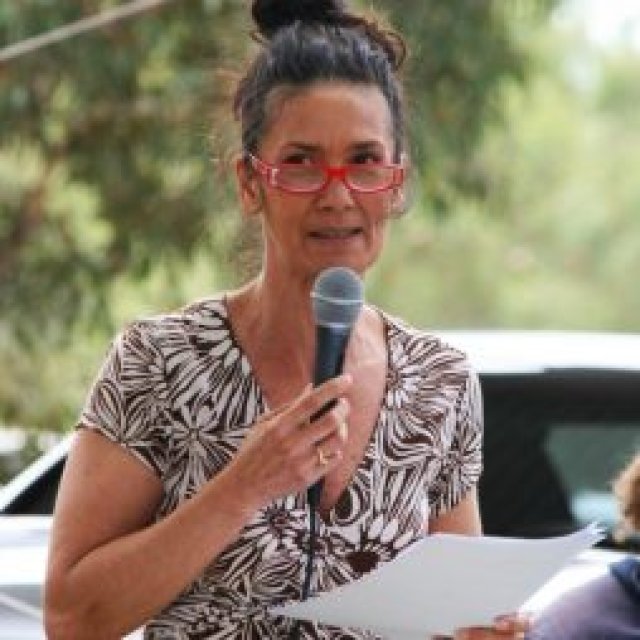
Indigenous communities are stepping up their campaign for urgent support and resources to protect vulnerable people against COVID-19.
An open letter to Prime Minister Scott Morrison, Minister for Indigenous Australians Ken Wyatt and the National Cabinet has been signed by more than 150 organisations.
It states in part: “Right across the country, it is Aboriginal community leaders, councils and organisations that are the first responders to this crisis for their communities.
“They know what solutions are needed and are informing governments across the country on how to best respond to the needs of one of the most at-risk populations to coronavirus. To date, we are aware many of their calls for critical support continue to go unanswered.”
Aboriginal people are at particular risk from this highly infectious virus because they are disproportionately in the high-risk heath categories and often live in overcrowded situations, meaning that physical distancing and quarantining are impossible.
In the Kimberly region of Western Australia, where more than half the population is Aboriginal, 17 health workers have the virus (although the ABC reported that WA authorities were confident no Aboriginal people had been exposed). According to the open letter, this means that the infection rate in the Kimberly is almost double the national rate.
The open letter puts forward six urgent demands:
• Emergency funding for Aboriginal health services with adequate personal protective equipment, staff and testing kits;
• Isolation and quarantine accommodation;
• Translation of public health messages into first languages;
• Food and essential goods to local community stores;
• Prevent Black deaths in custody through diversion rather than arrest, early release for at-risk prisoners and people on remand; and
• Full funding to neglected community services, such as healthcare and housing.
Meanwhile, 13 Aboriginal organisations in the Northern Territory have called on the National Cabinet to immediately guarantee supply of food and other necessities to communities in lockdown.
Aboriginal Medical Services Alliance of the Northern Territory spokesperson John Patterson said: “We are getting daily reports of remote stores struggling to supply basic goods. Some stores are running out of fresh food three days after their weekly delivery.
“Under COVID-19 travel restrictions small, community-owned stores must suddenly meet 100% of people’s needs across a much greater range of products. Some stores have had to triple their usual orders.”
Panic buying in cities has led to a shortage of supplies in remote areas.
Meanwhile, residents of remote communities can no longer travel to nearby towns for bulk shopping trips because of the travel restrictions. In remote stores, prices are up to 60% higher than at major supermarkets, Patterson said.
The Aboriginal Medical Services Alliance is calling on the federal government for a direct, point-of-sale consumer subsidy of 20% on food, cleaning and hygiene products, and winter bedding and clothing.
“A direct consumer subsidy of selected items is the best way to guarantee that residents, who are no longer able to shop around, can afford the basics,” said Patterson.
Central Australian Aboriginal Congress spokesperson Donna Ah Chee said: “We urge the National Cabinet to take action before it is too late, because time is all remote Aboriginal communities have on their side in their fight against the virus. We are all affected by this crisis, some more than others when it comes to accessing affordable food.”